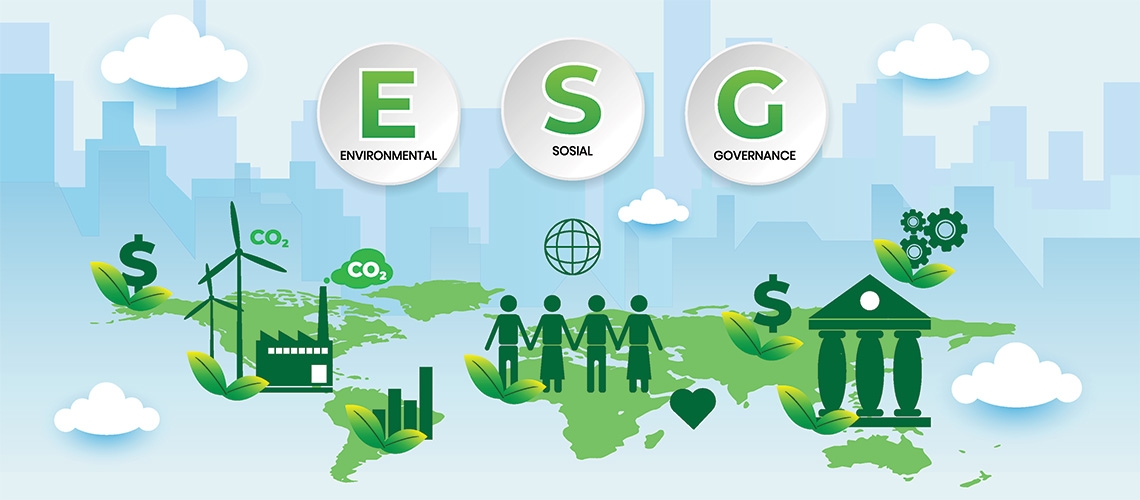Conscious Customers
Customers are the heart and soul of any business. Not only are they the business’s primary source of revenue but also promotion and traction. Unlike before, customers are starting to care for more than just the price and quality of the product; according to PwC, customers are on average willing to spend 9.7% more on sustainably produced goods, even amid inflationary pressures (PwC). The new generation of customers deeply values a business’s social impact and purpose. Those that have stronger ESG initiatives, as a result, attract socially conscious customers, of which there are quite a few — surveys find that 66–78% of U.S. and global consumers report that sustainability is an important factor in purchasing decisions (IBM). By switching to more energy-efficient materials and adopting community impact strategies, businesses will be rewarded with higher cash flows and a decreased customer acquisition cost (CAC).
Green Investors
Customers are not the only shareholders within a business that value sustainability and ESG initiatives — the rise of green investors has dramatically accelerated within the last five years. Impact investing is a term that captures what green investors look for — a positive impact on the community that is multidimensional — encompassing everything from inclusion to sustainability. Leading venture capital firms, governments, and even private investors are considering metrics such as a company's ESG score and scope 1, 2, and 3 emissions. They are motivated by more than just social reasons; companies that have sustainable operations are less risky investment options. They are also much less likely to be penalized by the government and lose traction among customers with impact-focused ideologies, and as a result, they tend to have safer returns on investments (GIIN).
Sustainable Supply Chains and Business Advantage
Beyond investors and customers, suppliers and business partners are considering a company’s environmental impact. Deloitte found that B2B customers rate operational trust and transparency—improved via sustainability—as higher value than basic performance (Deloitte). Furthermore, a company’s scope 3 emissions are derived from the businesses they source from and supply to. Therefore, if a business is not sustainable, other companies will be more reluctant to source to or from them. This also applies to a business’s partnerships; unsustainable businesses make less ideal business partners because they are not as reputed, and thus, they do not improve their partners’ brand values as much. Sustainability also inherently reduces a business’s sourcing risk. For example, reports from Reuters highlight that climate-related disruptions in supply chains (e.g., extreme weather impacting quartz suppliers) underline resilience as a strategic asset — a business that uses renewable parts will have less risk of being unable to produce their main product due to a lack of materials (Reuters).
References
Deloitte. 2022 CxO Sustainability Report: The Disconnect Between Ambition and Impact. Deloitte, 2022. https://www2.deloitte.com/us/en/pages/about-deloitte/articles/deloitte-2022-cxo-sustainability-report.html.
Global Impact Investing Network (GIIN). Annual Impact Investor Survey 2022. GIIN, 2022. https://thegiin.org/research/publication/impact-investor-survey-2022.
IBM Institute for Business Value. Sustainability as a Business Imperative. IBM, 2022. https://www.ibm.com/thought-leadership/institute-business-value/en-us/report/sustainability-consumer-study.
PwC. PwC’s Global Consumer Insights Pulse Survey. PwC, 2023. https://www.pwc.com/gx/en/industries/consumer-markets/consumer-insights-survey.html.Reuters. "How Climate Change Is Impacting Global Supply Chains." Reuters, 2023. https://www.reuters.com/business/sustainable-business/climate-change-disrupts-global-supply-chains-2023-08-21/.

